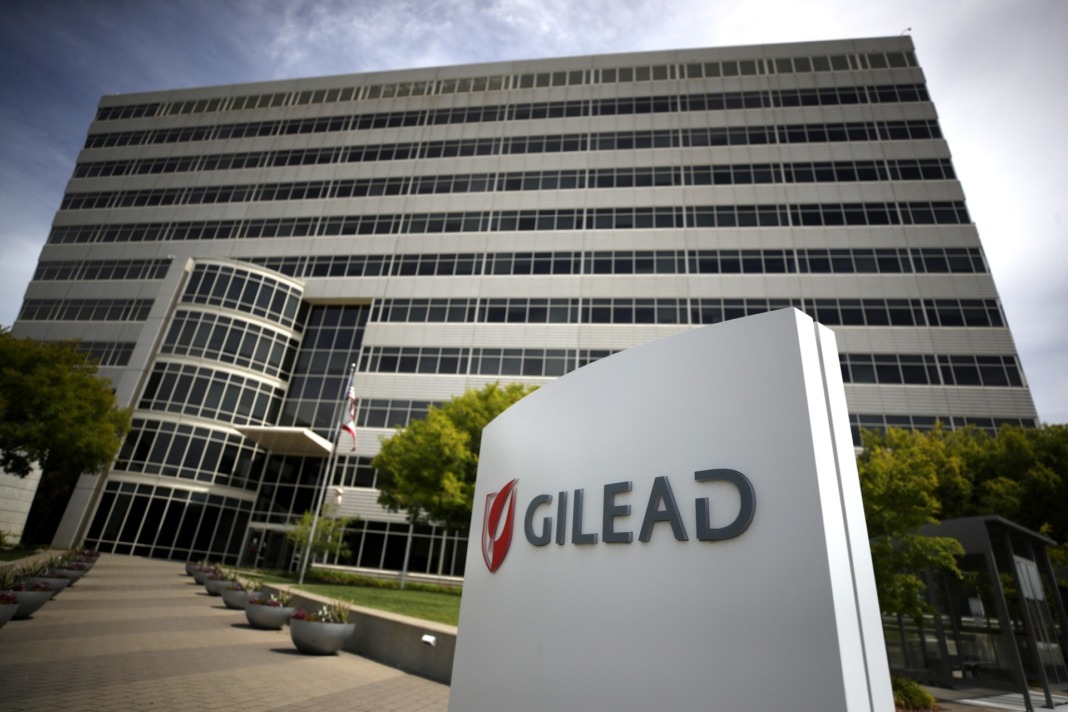Gilead Sciences Inc., a leading biopharmaceutical company based in California, experienced a significant setback as its promising drug, Trodelvy, failed to demonstrate a statistically significant improvement in survival rates for patients with advanced non-small cell lung cancer (NSCLC). The disappointing results, announced on Monday, led to a more than 10% drop in Gilead’s shares.
Trodelvy, classified as an antibody drug conjugate, was undergoing testing in patients with both squamous and non-squamous NSCLC, representing the most prevalent type of lung cancer. According to estimates from the American Society of Clinical Oncology, approximately 81% of the 230,000 adults diagnosed with lung cancer in the United States in 2023 had NSCLC.
The Phase 3 study, aimed at expanding the utilization of Trodelvy, revealed that patients with NSCLC treated with the drug lived longer than those who received standard chemotherapy. However, the difference did not reach statistical significance, prompting questions about the drug’s effectiveness as a later-line treatment, as noted by BMO Capital Markets analyst Evan Seigerman.
Despite the setback, Seigerman suggested that Gilead could still seize market share if Trodelvy proves effective as an initial treatment for NSCLC. To explore this avenue, Gilead is currently conducting Phase 2 and 3 trials of Trodelvy in combination with Keytruda for NSCLC patients as an initial treatment.
The Phase 3 trial enrolled 603 patients with metastatic or advanced NSCLC that had worsened despite receiving standard treatments, including platinum-based chemotherapy and a checkpoint inhibitor such as Merck’s (MRK.N). Gilead plans to engage in discussions with regulators and present the full data at an upcoming medical meeting.
Notably, the trial showed a more than three-month survival benefit for a subgroup of patients who had not responded to their last prior checkpoint inhibitor treatment. This finding raises intriguing possibilities and suggests that Trodelvy might have a specific impact on a subset of NSCLC patients, even if the overall results fell short of statistical significance.
Gilead remains optimistic about Trodelvy’s potential in metastatic NSCLC, despite the setback. Dr. Merdad Parsey, Gilead’s Chief Medical Officer, emphasized that the latest data gives the company continued confidence in Trodelvy’s potential in the broader lung cancer clinical development program.
To further understand the drug’s effect, particularly for patients who did not respond to their last checkpoint inhibitor treatment, Gilead plans to explore potential pathways. Additionally, the company is actively enrolling patients in a Phase 3 front-line trial, with results expected in the coming years.
Trodelvy, currently approved by U.S. regulators for specific types of advanced breast cancer and bladder cancers, has proven to be a valuable asset for Gilead. It generated sales of $765 million in the first nine months of the previous year, showcasing its potential in addressing other types of cancer.
Gilead assured stakeholders that Trodelvy’s safety profile remains consistent with prior studies, with the most common adverse events being neutropenia (low white blood cell counts) and diarrhea. The company is committed to further unlocking the full potential of Trodelvy in the oncology space and addressing the unmet needs of cancer patients.
As Gilead navigates this setback, the pharmaceutical community will be closely watching the ongoing trials and developments surrounding Trodelvy, anticipating new insights that could reshape the landscape of NSCLC treatment. The company’s ability to adapt and innovate in the face of challenges will ultimately determine the future trajectory of Trodelvy and its impact on cancer care.



